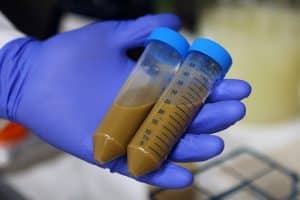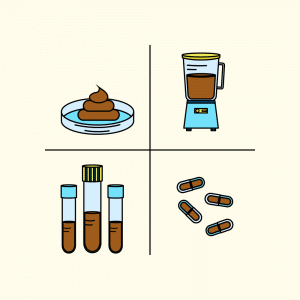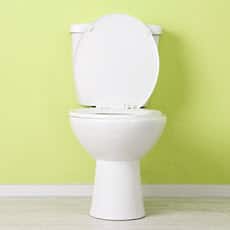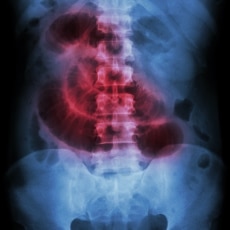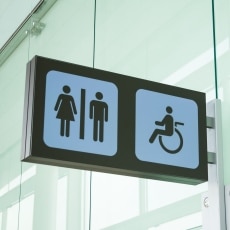
Stool

Summary
A bowel movement is the last stop in the movement of food through your digestive tract. Your stool passes out of your body through the rectum and anus. Another name for stool is feces. It is made of what is left after your digestive system (stomach, small intestine, and colon) absorbs nutrients and fluids from what you eat and drink.
Sometimes a bowel movement isn’t normal. Diarrhea happens when stool passes through the large intestine too quickly. Constipation occurs when stool passes through the large intestine too slowly. Bowel incontinence is a problem controlling your bowel movements. Other abnormalities with bowel movements may be a sign of a digestive problem.
NIH: National Institute of Diabetes and Digestive and Kidney Diseases
Source: MedlinePlus, National Library of Medicine.
Information pulled from the Bowel Movement page.
MedlinePlus brings together authoritative health information from the National Library of Medicine (NLM), the National Institutes of Health (NIH), and other government agencies and health-related organizations.
Bowel Retraining: Strategies for Establishing Bowel Control
International Foundation for Gastrointestinal Disorders
Elimination Problems or Constipation
American Academy of Family Physicians
Normal Function of the Colon
International Foundation for Gastrointestinal Disorders
Bacteria Culture Test
National Library of Medicine
Magnetic Resonance (MR) Defecography
Radiological Society of North America
Stool Color: When to Worry
Mayo Foundation for Medical Education and Research
Biofeedback and Bowel Disorders: Teaching Yourself to Live without the Problem
International Foundation for Gastrointestinal Disorders
Listen to our
latest Podcast!



